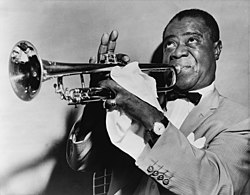| << | July 1971 | >> | ||||
|---|---|---|---|---|---|---|
| Su | Mo | Tu | We | Th | Fr | Sa |
| 1 | 2 | 3 | ||||
| 4 | 5 | 6 | 7 | 8 | 9 | 10 |
| 11 | 12 | 13 | 14 | 15 | 16 | 17 |
| 18 | 19 | 20 | 21 | 22 | 23 | 24 |
| 25 | 26 | 27 | 28 | 29 | 30 | 31 |


The following events occurred in July 1971:
Contents
- July 1, 1971 (Thursday)
- July 2, 1971 (Friday)
- July 3, 1971 (Saturday)
- July 4, 1971 (Sunday)
- July 5, 1971 (Monday)
- July 6, 1971 (Tuesday)
- July 7, 1971 (Wednesday)
- July 8, 1971 (Thursday)
- July 9, 1971 (Friday)
- July 10, 1971 (Saturday)
- July 11, 1971 (Sunday)
- July 12, 1971 (Monday)
- July 13, 1971 (Tuesday)
- July 14, 1971 (Wednesday)
- July 15, 1971 (Thursday)
- July 16, 1971 (Friday)
- July 17, 1971 (Saturday)
- July 18, 1971 (Sunday)
- July 19, 1971 (Monday)
- July 20, 1971 (Tuesday)
- July 21, 1971 (Wednesday)
- July 22, 1971 (Thursday)
- July 23, 1971 (Friday)
- July 24, 1971 (Saturday)
- July 25, 1971 (Sunday)
- July 26, 1971 (Monday)
- July 27, 1971 (Tuesday)
- July 28, 1971 (Wednesday)
- July 29, 1971 (Thursday)
- July 30, 1971 (Friday)
- July 31, 1971 (Saturday)
- References







